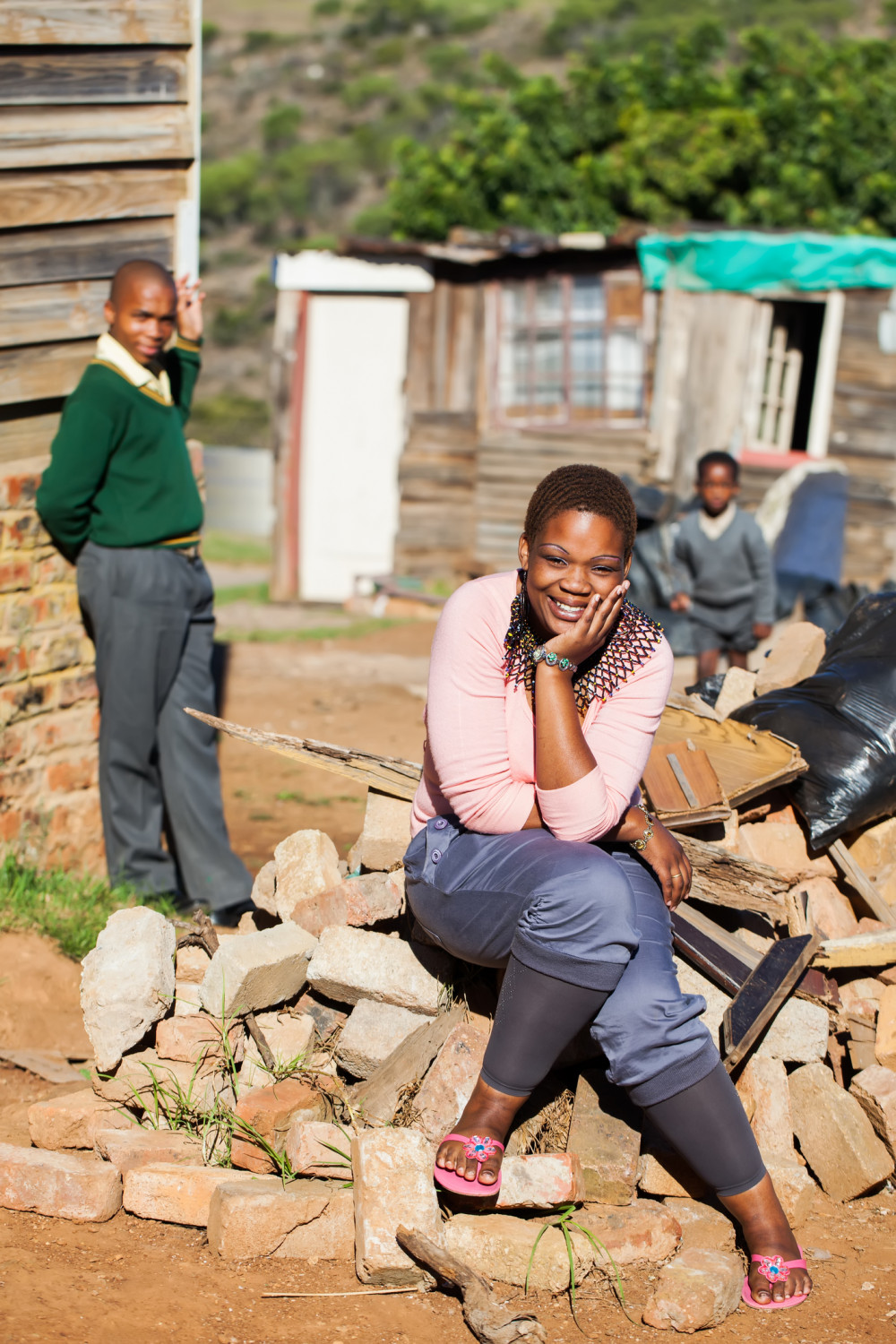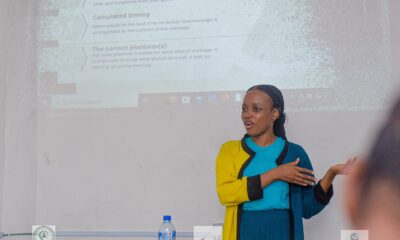Features
Sylvester Kay-Adade: Every Child Deserves Quality Education During This Lockdown
Instead of subjects, the focus could be on puzzles and/or problems with quantitative and verbal elements – according to age groups. They may not learn anything new, but those could help keep them sharp and mentally-stimulated. So maybe the best option for the masses would be to broadcast verbal and quantitative problems catered to various age groups on a regular basis – possibly, a different group at a specific time every weekday.
 A major concern for me, over the past week, has been how to educate/stimulate pupils and students in Nigerian public schools during this extensive lock down period. Majority of the children receiving any formal education right now are those in private schools.
A major concern for me, over the past week, has been how to educate/stimulate pupils and students in Nigerian public schools during this extensive lock down period. Majority of the children receiving any formal education right now are those in private schools.
The private – primary and secondary – schools are about the only ones that can afford to implement e-learning protocols. However, the vast majority of Nigerian pupils and students attend public schools, so for the time being, most aren’t learning anything academic.
This means that a lot of them will lose a whole term, or worse, a whole year of school, and fall far behind (than they already are/were) their peers in private schools. So in a bid to provide a solution, I considered having a YouTube channel, in partnership with teachers of basic subjects (like English Language and Mathematics).
However, there are 2 challenges. First, there would either have to be enough content for classes by level – Primary/Basic 1-6, Jss 1-3 and SS1-3, or (the better option) classes by age groups – ages 2-5, ages 7-10, and ages 11-16. Secondly, there is the possibility that because of financial constraints, most of their guardians or parents may not have laptops/tabs and WiFi modems or smart phones (with enough data) to stream the content for long periods of time, talk more of several times a week.
I concluded that since the target audience may find it challenging accessing online content, YouTube may not work.
Next, I considered working with a radio station, as this may be more practical for their parents/guardians. However, off the bat, the first issue is children have short attention span, so without constant supervision, audio might not be too effective, especially for a subject like Mathematics.
This led to my final consideration:
Instead of subjects, the focus could be on puzzles and/or problems with quantitative and verbal elements – according to age groups. They may not learn anything new, but those could help keep them sharp and mentally-stimulated. So maybe the best option for the masses would be to broadcast verbal and quantitative problems catered to various age groups on a regular basis – possibly, a different group at a specific time every weekday.
While seeking a partner for this initiative, I learned that 9Mobile Nigeria had started providing free data to access certain e-learning portals to support the Federal Government’s e-learning program for students during this lockdown. Some of those portals include, MobileClassroom and Schoolgate.
Kudos to 9Mobile for taking the initiative. I wonder if and when the other national carriers (MTN Nigeria, Airtel Nigeria and Globacom Nigeria) will make similar arrangements.
This initiative will, in no doubt, help those with access to smartphones, but those without access to those devices will still be at a disadvantage. So, we’re back to square one.
I wonder if there are those equally concerned and willing to partner with me or support the radio programing angle (#RadioSchoolNigeria), as a palliative/temporary measure, of course?
The use of classrooms is still the best teaching method for children and teens. Please note that it might not be profitable, monetarily, but I believe it will go a long way in leveling the academic playing field and enriching the lives of our younger ones.





















